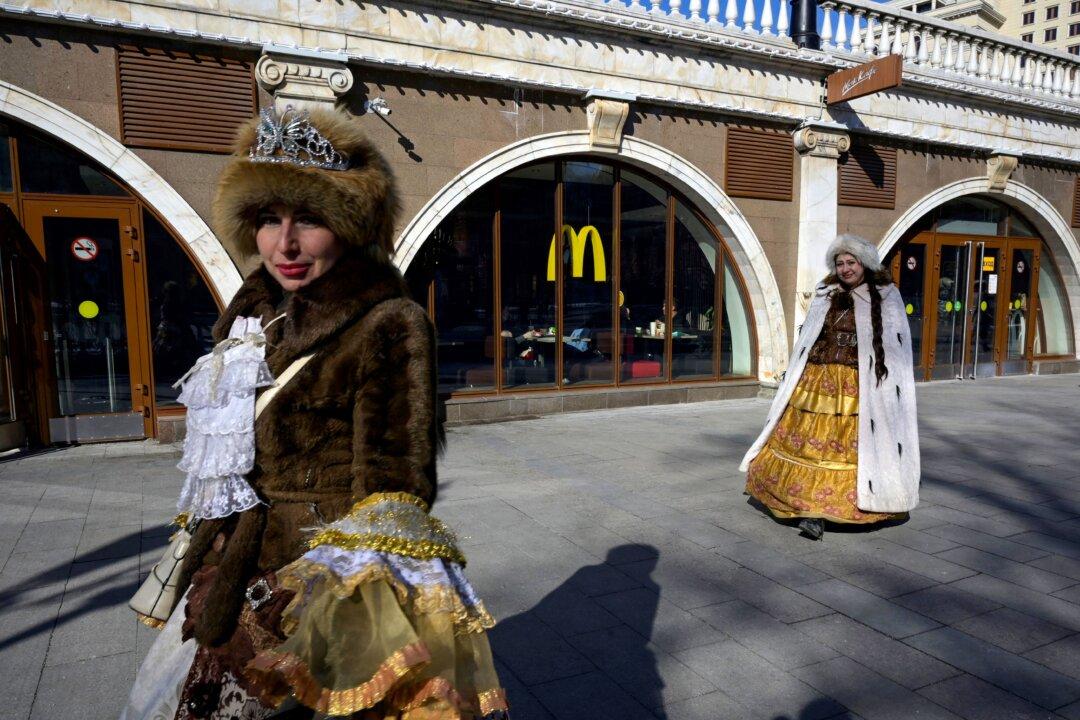Russia’s trademark office is seeing a spike in applications for famous Western brands since the Russian government issued a decree early last month permitting the use of patents from “unfriendly countries” without pay or consent from the owner.
Opportunistic Russians, emboldened by the decree, have so far submitted more than 50 trademark applications for names and logos of well-known brands, including Starbucks, Nespresso, McDonald’s, Mercedes-Benz, Chanel, and Christian Dior.





